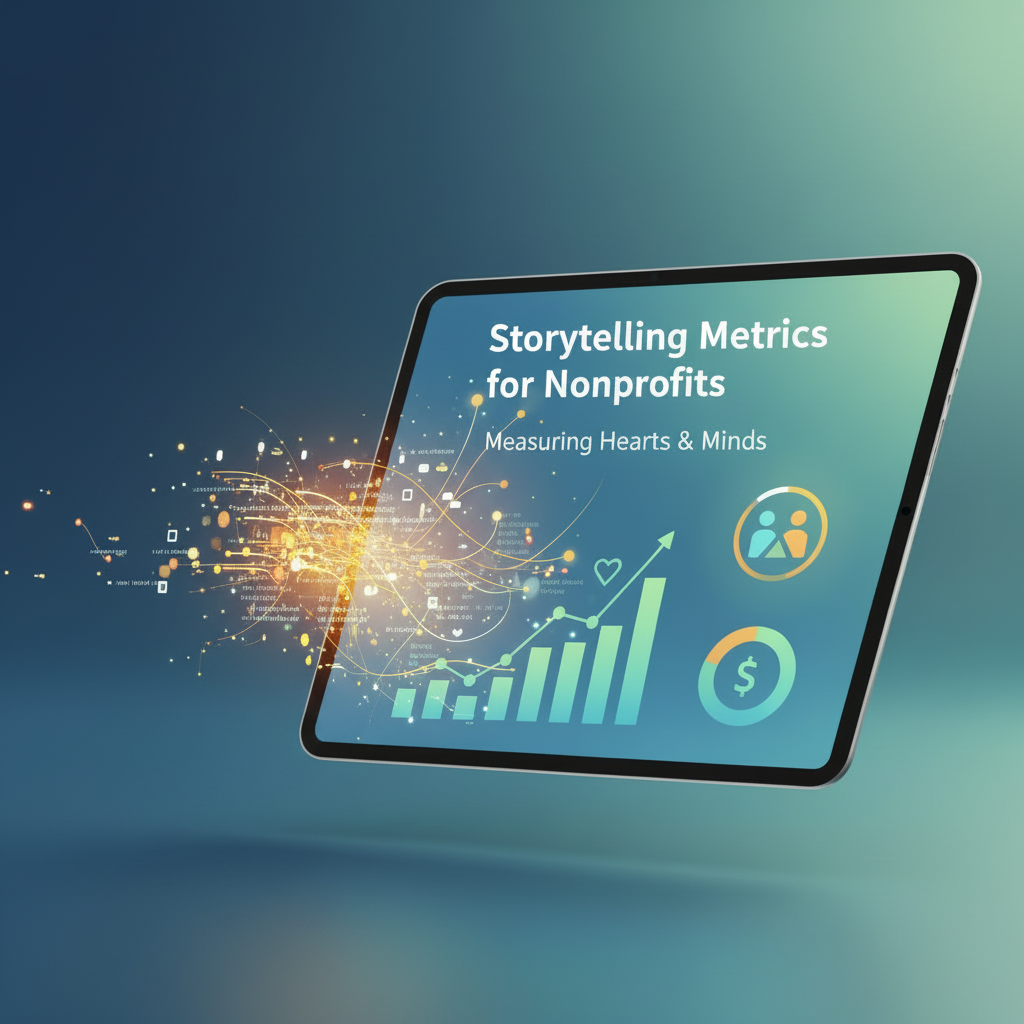Press Pause: Understanding the Social Consequences of Gaming Addiction

The social impact of video game addiction is a growing concern for individuals and communities around the world. Video game addiction can seriously affect friendships, family life, and even work. Here’s a brief insight into what happens socially when someone is addicted to gaming:
- Isolation from friends and family
- Damaged relationships due to neglect
- Reduced social skills caused by lack of real-life interaction
Gaming provides excitement and a sense of achievement. But too much gaming can lead to mental health issues like anxiety and depression. Studies show that excessive gaming may worsen existing conditions like social phobia and ADHD. Gaming addiction can leave people feeling lonely and disconnected from the world around them.
The problem often starts with a love for games but becomes more serious when it impacts one’s social life and mental well-being. Continuing research cautions about the delicate balance between entertainment and the risk of addiction. Being aware and informed can help protect individuals from these negative effects.

The Social Impact of Video Game Addiction
Video game addiction can have a profound impact on social life, affecting relationships, social skills, and mental health. While gaming offers a virtual world of excitement, it can sometimes lead to real-world challenges.
Negative Social Effects
Poor Social Skills
Excessive gaming often means less time for face-to-face interaction. This can lead to poor social skills, making it harder to communicate and connect with others. Many gamers might find themselves struggling in social situations, from making new friends to maintaining existing relationships.
Social Anxiety
Gaming can create a cycle where social anxiety and gaming addiction feed into each other. Those who feel anxious in social settings might turn to games as an escape. But over time, this avoidance can worsen social anxiety, making it even more difficult to engage with people in real life.

Loneliness
Isolation is another consequence of gaming addiction. Gamers who prioritize virtual worlds over real-life interactions may find themselves feeling lonely. The lack of in-person connections can lead to a sense of emptiness and disconnection from the world around them.
Positive Social Effects
Prosocial Games
Not all gaming is detrimental. Prosocial games, which encourage cooperation and communication, can actually improve social skills. These games require players to work together, fostering teamwork and enhancing communication skills.
Communication Skills
Some games involve talking to other players via text or voice chat, which can help improve communication skills. Engaging in these interactions can improve one's ability to express themselves clearly and effectively.
Social Media Apps and Gaming
Gaming has evolved with social media, offering platforms where gamers can share experiences and connect with others. These apps can serve as a bridge to real-world interactions, helping gamers to build communities and friendships both online and offline.
While video game addiction can pose social challenges, understanding and leveraging the positive aspects of gaming can help mitigate its negative effects. Balancing gaming with real-world interactions is key to maintaining healthy relationships and social skills.

Physical and Mental Health Consequences
Video game addiction doesn't just affect social life; it also has serious physical and mental health implications. Let's explore the short-term and long-term effects of gaming addiction on the body and mind.
Short-Term Effects
Eye Strain and Headaches
Staring at a screen for prolonged periods can lead to eye strain and headaches. The blue light emitted by screens can disrupt sleep patterns, leading to poor concentration and trouble sleeping.
Panic Attacks and Anxiety
The intense focus required in gaming can sometimes cause stress and anxiety. This might result in panic attacks, especially when players are faced with high-pressure situations in games.
Depression
Gaming can sometimes provide an escape from reality, but it can also lead to feelings of depression. The lack of real-world interactions and the pressure to perform well in games can contribute to a negative mental state.
Long-Term Effects
Chronic Pain and Insomnia
Over time, the physical toll of gaming can lead to chronic pain. Repetitive stress injuries and poor posture can cause lasting discomfort. Additionally, the disruption of sleep patterns can result in insomnia.
Suicidal Thoughts
In severe cases, the combination of isolation, depression, and anxiety can lead to suicidal thoughts. It's crucial to recognize these signs early and seek help.
Understanding these consequences is vital for addressing the broader impact of video game addiction. By recognizing the signs early, individuals can seek appropriate treatment and support to mitigate these effects.
Strategies for Managing Gaming Addiction
Treatment Options
Managing gaming addiction requires a multi-faceted approach, combining therapy, lifestyle changes, and support systems. Here are some effective strategies:
Cognitive Behavioral Therapy (CBT)
CBT is a popular treatment for gaming addiction. It helps individuals identify and change negative thought patterns that lead to excessive gaming. By focusing on behavior modification, CBT empowers individuals to regain control over their gaming habits.
Parental Controls
For younger gamers, parental controls can be a useful tool. These controls allow parents to set limits on screen time and restrict access to certain games. This helps in creating a balanced routine that includes other activities like homework and exercise.
Physical Exercise
Introducing regular physical exercise into daily routines can counteract the sedentary lifestyle often associated with gaming. Exercise improves mood, boosts energy levels, and reduces stress, making it a valuable component of addiction management.
Therapy and Medication
In some cases, therapy alone might not be enough. Medication can be prescribed to help manage symptoms of anxiety or depression that often accompany gaming addiction. It's important to consult healthcare professionals to determine the best course of action.
Support Groups
Connecting with others who face similar challenges can be incredibly beneficial. Support groups provide a safe space to share experiences, offer encouragement, and learn coping strategies. These groups can be found both in-person and online.
By implementing these strategies, individuals can work towards overcoming gaming addiction and improving their overall well-being. In the next section, we'll address some frequently asked questions about the social impact of video game addiction.
Frequently Asked Questions about the Social Impact of Video Game Addiction
How does gaming addiction affect relationships?
Gaming addiction can seriously strain relationships with family and friends. When someone is addicted, they often spend excessive time gaming, neglecting their loved ones. This can lead to conflict and confrontation. For example, a woman shared on HuffPost how her husband's gaming addiction made her reconsider their marriage, even while she was pregnant. He was withdrawn and in denial about his gaming problem, creating a stressful environment at home. This story highlights how gaming addiction can lead to relationship breakdowns and emotional distance.
What are the signs of internet gaming disorder?
Recognizing the signs of internet gaming disorder is crucial for early intervention. Here are some common indicators:
- Preoccupation with gaming, thinking about it constantly even when not playing.
- Withdrawal symptoms like irritability or anxiety when unable to play.
- Neglecting responsibilities, such as school or work, due to gaming.
- Lying about time spent gaming to family or friends.
- Using gaming to escape problems or alleviate negative moods.
These signs suggest that gaming has become more than just a hobby and might require professional help to manage.
Can video games improve social skills?
While excessive gaming can lead to social isolation, certain video games can actually improve social skills. Prosocial games encourage players to cooperate and communicate, which can improve communication skills. Studies show that players who engage in these games tend to behave more prosocially in real life. Additionally, gaming can serve as an ice breaker in face-to-face interactions, especially among students, fostering social connections. Scholastic esports teams also offer opportunities for social interaction and teamwork, further promoting positive social development.
By understanding both the negative and positive aspects of gaming, individuals can make informed decisions about their gaming habits and its impact on their social lives.
Conclusion
In our journey to understand the social impact of video game addiction, we've explored both the challenges and opportunities it presents. While gaming addiction can lead to isolation and strained relationships, it also holds potential for positive social interactions when approached mindfully.
At Narratives, we believe in the power of storytelling to spark change and foster connections. Our mission is to lift underrepresented voices and help non-profits share their impact through compelling multimedia content. By focusing on community-driven storytelling, we aim to inspire action and build trust.
Non-profit partnerships are at the heart of what we do. Collaborating with organizations dedicated to making a difference, we create content that highlights their efforts and the communities they serve. Whether it's addressing gaming addiction or other social issues, our goal is to amplify these stories and drive positive change.
For those affected by gaming addiction, there is hope. Through awareness and understanding, we can support individuals in finding balance and reclaiming their social lives. If you're interested in learning more about how Narratives can help tell your story, visit our website and find the power of impactful storytelling.
Together, we can press pause on the negative effects of gaming addiction and focus on building a brighter future through shared experiences and community engagement.


